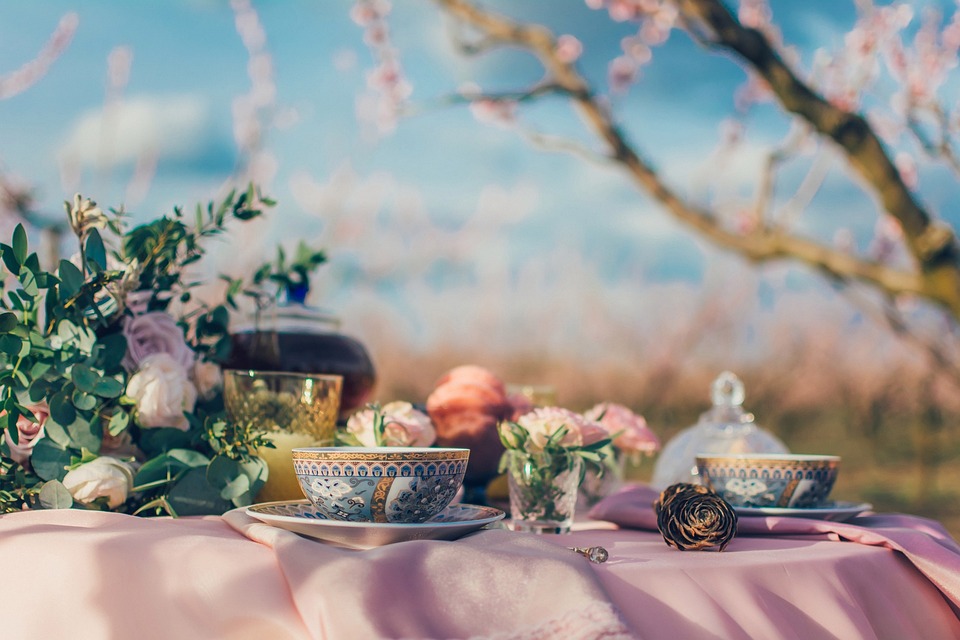Tea has been a beloved beverage for centuries, cherished not just for its delightful flavors, but also for its potential health benefits. With the wide array of options available, two prominent categories stand out: herbal teas and traditional teas. Choosing between these can be daunting, especially when considering health benefits, taste, and personal preferences. In this article, we’ll explore the differences, benefits, and considerations of each to help you decide which tea is right for you.
Understanding Tea Types
Traditional Tea
Traditional teas primarily refer to true teas derived from the Camellia sinensis plant. This category includes:
- Green Tea: Steamed or pan-fired leaves, known for its light flavor and high antioxidant content.
- Black Tea: Fully oxidized leaves, rich in flavor and caffeine, often enjoyed with milk or sugar.
- Oolong Tea: Partially oxidized, offering a diverse flavor profile ranging from floral to creamy.
- White Tea: Made from young leaves and buds, it has a delicate flavor and lower caffeine content.
These teas provide a variety of health benefits, including improved heart health, enhanced mental clarity, and potential weight management support.
Herbal Tea
Herbal teas, on the other hand, are infusions made from a myriad of plants, including herbs, fruits, flowers, and spices. Since they aren’t derived from the Camellia sinensis plant, they are technically not “tea.” Popular herbal teas include:
- Chamomile: Known for its calming effects.
- Peppermint: Often used for digestive relief.
- Rooibos: A caffeine-free South African tea rich in antioxidants.
- Hibiscus: Often enjoyed for its tangy flavor and potential to lower blood pressure.
Herbal teas come caffeine-free and can provide targeted health benefits, ranging from relaxation to digestive support.
Health Benefits Comparison
Traditional Tea Benefits
- Antioxidants: Rich in polyphenols, traditional teas may combat oxidative stress and reduce inflammation.
- Caffeine Content: For those looking for a caffeine boost, black and green teas offer moderate amounts, which can enhance alertness and focus.
- Heart Health: Studies suggest regular consumption of certain traditional teas can improve cardiovascular health.
Herbal Tea Benefits
- Caffeine-Free: Ideal for individuals sensitive to caffeine or those seeking a soothing evening beverage.
- Specialized Health Benefits: Herbal teas can offer a range of benefits such as digestive aid, anti-inflammatory properties, or sleep support, depending on the herbs used.
- Variety of Flavors: With countless combinations of ingredients, herbal teas cater to every palate.
Taste Profiles
Traditional Tea
Traditional teas present a wide array of flavors influenced by their processing methods:
- Green Tea: Grassy, sweet, or vegetal notes.
- Black Tea: Strong, robust flavors often complemented by notes of caramel or malt.
- Oolong Tea: A complex blend of floral and fruity goodness.
- White Tea: Light and nuanced, often described as delicate or subtle.
Herbal Tea
Herbal teas provide a more eclectic taste experience, often reflecting their ingredients:
- Chamomile: Light and floral with an apple-like sweetness.
- Peppermint: Cool and refreshing with a sharpness.
- Hibiscus: Tart and fruity, reminiscent of cranberry.
- Rooibos: Naturally sweet and nutty with a rich, full-bodied flavor.
Accessibility and Availability
Traditional Tea
Traditional teas are widely available in grocery stores, specialty tea shops, and online. Premium brands often offer high-quality varieties that provide a unique drinking experience.
Herbal Tea
Herbal teas are equally accessible and can often be found in bulk, allowing for exploration of new flavors and combinations. Health food stores often carry a wider selection of herbal options, particularly those aimed at specific health benefits.
Making Your Choice: Key Considerations
-
Health Goals: If you’re aiming for increased focus or antioxidant intake, traditional teas may be your best bet. For specific health issues like digestion or sleep problems, herbal teas could be more effective.
-
Caffeine Sensitivity: If you’re sensitive to caffeine or aiming to reduce your intake, herbal teas offer a diverse range of calming, caffeine-free options.
-
Flavor Preference: Explore different types of herbal and traditional teas to discover what excites your palate. Many people enjoy blending both types for a balanced experience.
- Experimentation: The world of tea is vast – don’t hesitate to try different blends. You might find your favorite concoction lies in a mix of herbal and traditional options, tailored to your mood or need.
Conclusion
Both herbal and traditional teas have unique benefits and flavors to offer. By understanding the distinctions between these categories, you can make informed choices that align with your health goals, taste preferences, and lifestyle. Whether you prefer the invigorating lift of traditional teas or the soothing qualities of herbal blends, there’s a perfect cup waiting for you. So steep, sip, and enjoy the intriguing world of tea!



